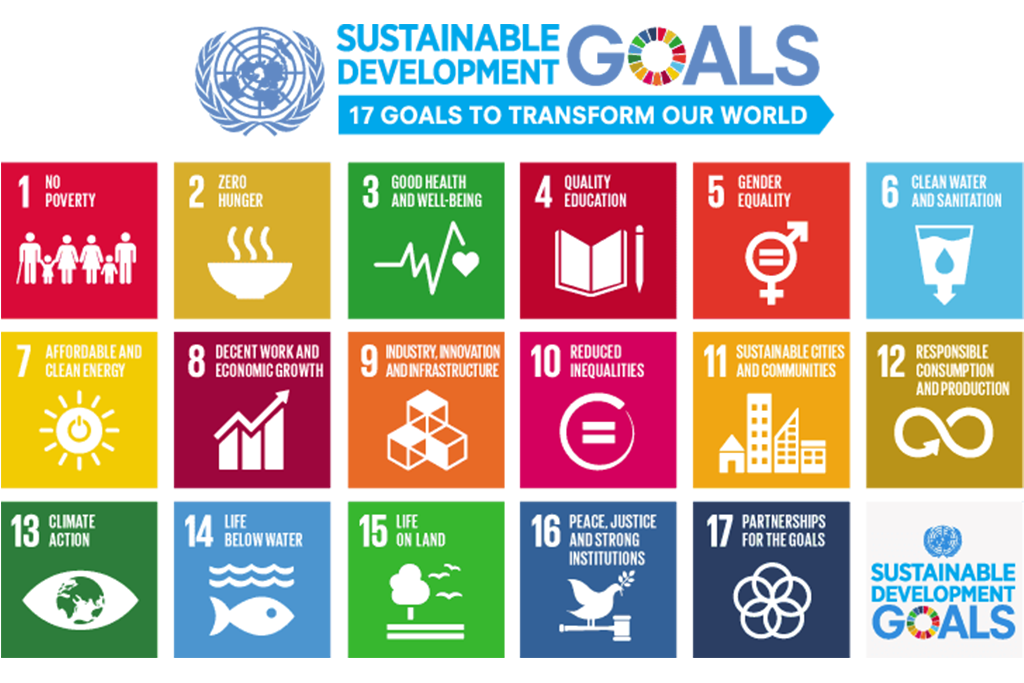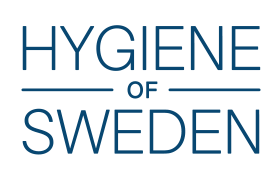
The lessons learned from how individuals and companies responded during the pandemic underscore the importance of integrating sustainability into the hygiene industry.
In times of fear and when daily death tolls are prominently displayed on our screens, it’s natural for people to enter a state of panic. However, once the initial panic subsides, it’s crucial to engage in thoughtful reflection. This reflection should revolve around measures that can enhance our lives and increase our resilience in the face of future pandemics, as it’s a certainty that they will occur periodically.
Just because something potentially does good for our health it does not mean it is good for the planet.
Sustainability in the hygiene sector should be a focal point of this reflection. We should consider how we can develop and maintain hygiene practices that not only address immediate concerns but also contribute to long-term well-being and environmental responsibility.
Building a sustainable hygiene industry involves:
- Resource Efficiency: Utilizing resources efficiently to minimize waste and pollution in the production and distribution of hygiene products.
- Eco-friendly Materials: Investing in the research and development of environmentally friendly materials for hygiene products.
- Access and Equity: Ensuring equitable access to essential hygiene products, particularly for vulnerable communities.
- Education and Preparedness: Providing education and information on effective hygiene practices and pandemic preparedness.
- Resilience: Developing resilient supply chains that can adapt to disruptions and emergencies.
As we reflect on the experiences of the pandemic, it’s an opportunity to shift from reactive responses to proactive and sustainable measures that not only mitigate immediate crises but also build a foundation for a healthier and more sustainable future. Pandemics are inevitable, but our preparedness and response can make a significant difference in minimizing their impact on our lives and the environment.
Progressing through the following phases to develop our alcohol-free disinfectant BioPolymer+.– concept, research, testing, clinical studies, registrations, and production, – the pandemic, regrettably, became the necessary testbed to validate our ideas.
We take pride in being able to meet the following four criteria during the stress test of a pandemic.
- Uninterrupted supply – Availability of Disinfection Compounds: It’s crucial to ensure that essential medical supplies and disinfection compounds are accessible to all during a pandemic. Relying on compounds that are scarce or expensive can exacerbate inequalities and hinder effective public health responses. Access to affordable and effective disinfection methods should be a priority to protect public health.
- No price racing – Pricing and Market Dynamics: When there’s high demand for specific products during a crisis, pricing can become disproportionate to production costs, leading to price gouging. This practice is unethical and can create additional challenges for vulnerable populations. Regulatory measures to prevent price gouging and ensure fair pricing during emergencies are important to consider.
- Preventing Excessive Accumulation – Hoarding and Inequality: Hoarding, whether by individuals or companies, can exacerbate resource shortages and inequality. It can lead to shortages for those who need these resources the most. Addressing hoarding through regulations and ethical considerations is vital to promote fairness and sustainability. The excessive accumulation has resulted in unnecessary CO2 emissions associated with transportation, warehousing, and disposal when products pass the expiration date.
- Including – Sustainable Thinking: Many of the SDGs, such as those related to health, poverty reduction, and inequality, are interconnected. Sustainable thinking promotes equity and inclusivity, and it is essential to address issues like unequal access to critical resources during crises.
During a pandemic or any global crisis, governments, organizations, and individuals should consider the ethical implications of their actions. This includes ensuring equitable access to essential resources, preventing price gouging, and promoting sustainable and inclusive practices that align with broader global goals for a better future. Ethical considerations should always be part of emergency response strategies to ensure the well-being of all individuals and communities.
Use disinfectants safely. Always read the label and product information before use.
Biocider ska användas på ett säkert sätt. Läs alltid igenom etiketten och produktinformationen före användningen.


